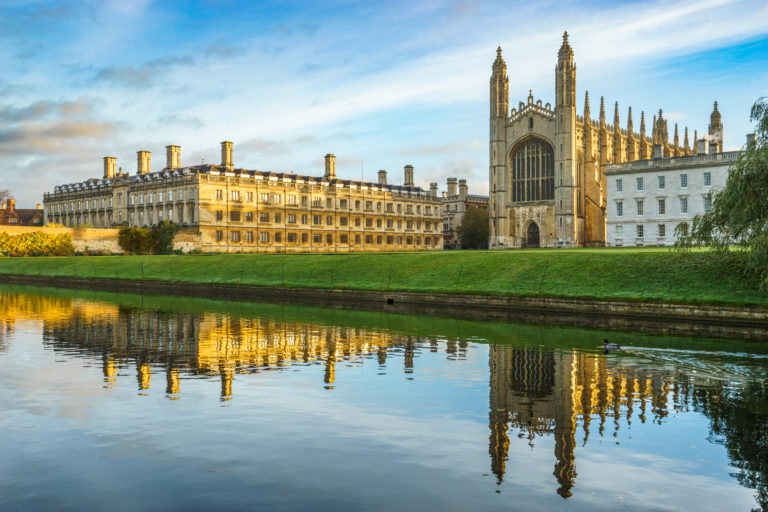It has been a persistent educational and sociological issue within society that Russel Group Universities in the UK, in particular Oxbridge, accept a disproportionate amount of publicly educated students to their institutions.
Rebecca Montacute, Research Fellow and Carl Cullinane, Associate Director of Research and Policy at the Sutton Trust, write in their report Access to Advantage that ‘Scrutiny of Oxbridge access intensified at the end of 2017, when Labour MP David Lammy released data on admissions to both universities’. He found that the data showed that in 2015 ‘over 80% of places at the two universities were given to students from families in the two highest social classes’.
However, four years later, Cambridge have acknowledged this issue and are working to minimise this gap between the social classes in order to create a more equal and inclusive university space. The BBC have reported that the proportion of state school pupils starting at the University of Cambridge in autumn 2019 will be the highest for decades, rising to 68 percent.
Making the change
This sudden and impressive increase of state educated students being given access to one of the UK’s most prestigious universities begs the question of why now and what has changed?
We fortunately live in a political and social climate that is committed to providing equality to all minorities in society and the education system should be no different.
Cambridge have acknowledged that this social gap within education needs rectifying and have thus proposed an access scheme this year which allowed extra places for 67 disadvantaged students who performed better in their A-levels than expected. This inspired students to gain the best results possible and gave them a sense of importance as Cambridge were willing to support them.
Furthermore, the Telegraph have reported that ‘Russell Group universities spent £254 million on “outreach” activities in 2018, aimed at encouraging more students from disadvantaged backgrounds to apply, with a further £270 million due to be spent in the year ahead. Initiatives include bursaries, extra tutoring and support, and giving lower offers to those coming from state schools.’ Therefore, these changes show that there is a wide-spread acknowledgement of the need to be more inclusive in these upcoming academic years.
Acknowledging that ethnic minority access is another significant issue to support
It would be regressive to focus solely on social class representation and ignore the need for ethnic minority representation in universities as well. This is another major issue that Cambridge wish to overcome as it is essential that students feel that there are no barriers to higher education regardless of their social class or ethnicity.
The BBC reported that ‘The university does not have official figures yet for numbers of ethnic minority students beginning in the autumn, but says it expects a “significant increase”.’ It is reassuring that the education sector is being productive in their attempts to tackle the seclusion of ethnic minority students through policies which give them the deserved access to world-class institutions that will give them invaluable qualifications for their careers.
This issue has also received much media attention in the last year since British rapper and singer Stormzy announced in August 2018 that he would fund two scholarships per year for black British students to go to Cambridge University. Cambridge University are working with him on this and have called it the ‘Stormzy Scholarship’.
The University of Cambridge website reports that the singer has said ‘I hope this scholarship serves as a small reminder that if young black students wish to study at one of the best universities in the world, then the opportunity is yours for the taking – and if funding is one of the barriers, then we can work towards breaking that barrier down’.
Maintaining these positive changes
While Stormzy’s act is extremely commendable it is interesting that he describes it as a ‘small reminder’. It is here that he urges society that acts like these are not sufficient in inspiring a whole generation of minority students; it is essential that larger institutions take responsibility of this issue too.
The education sector is definitely taking positive steps in the right direction to make all students feel a sense of inclusion when both applying and gaining access to these elite universities. It is thus likely that these figures will continue increasing annually, making university students a better representation of the UK population.




